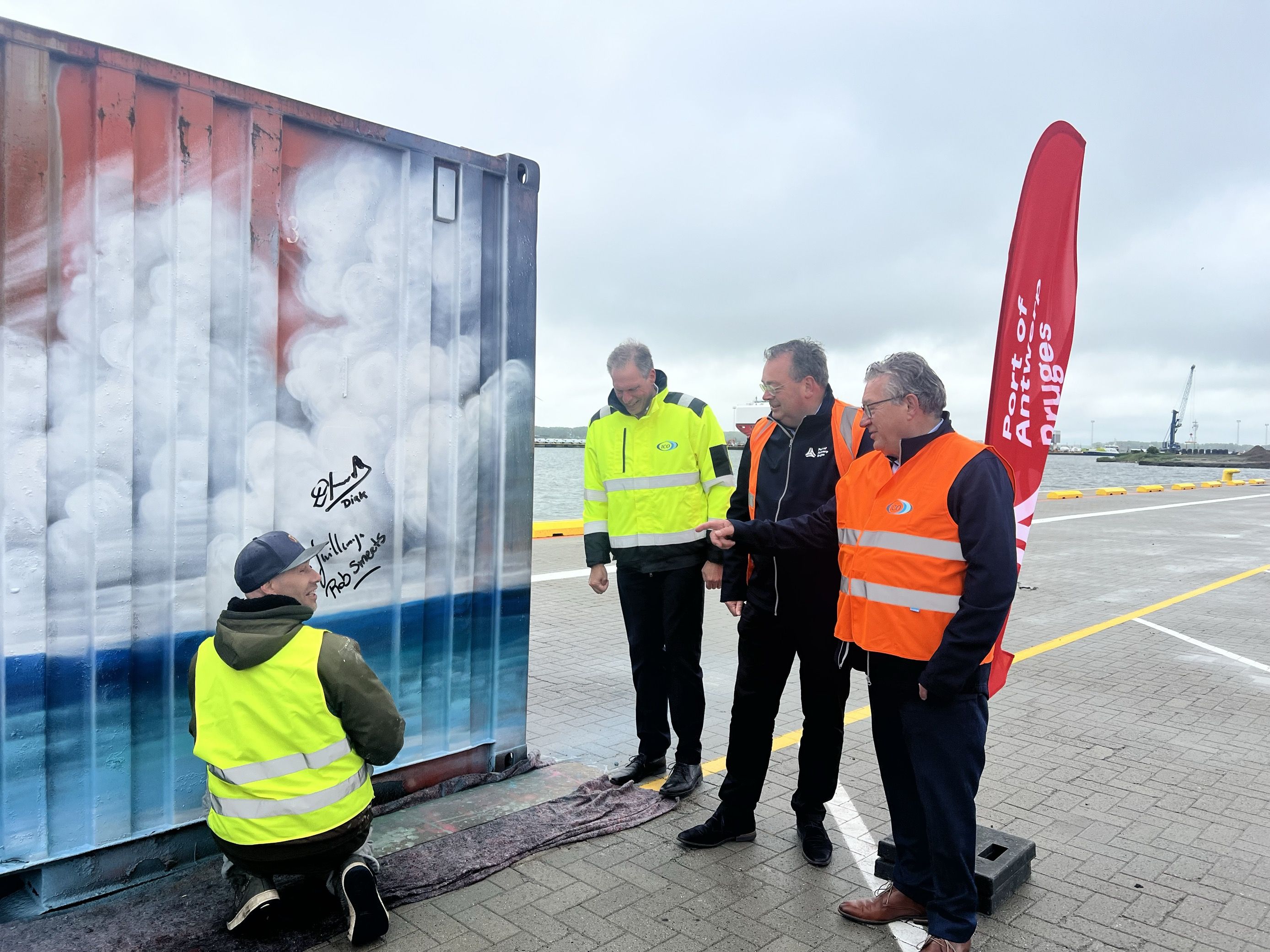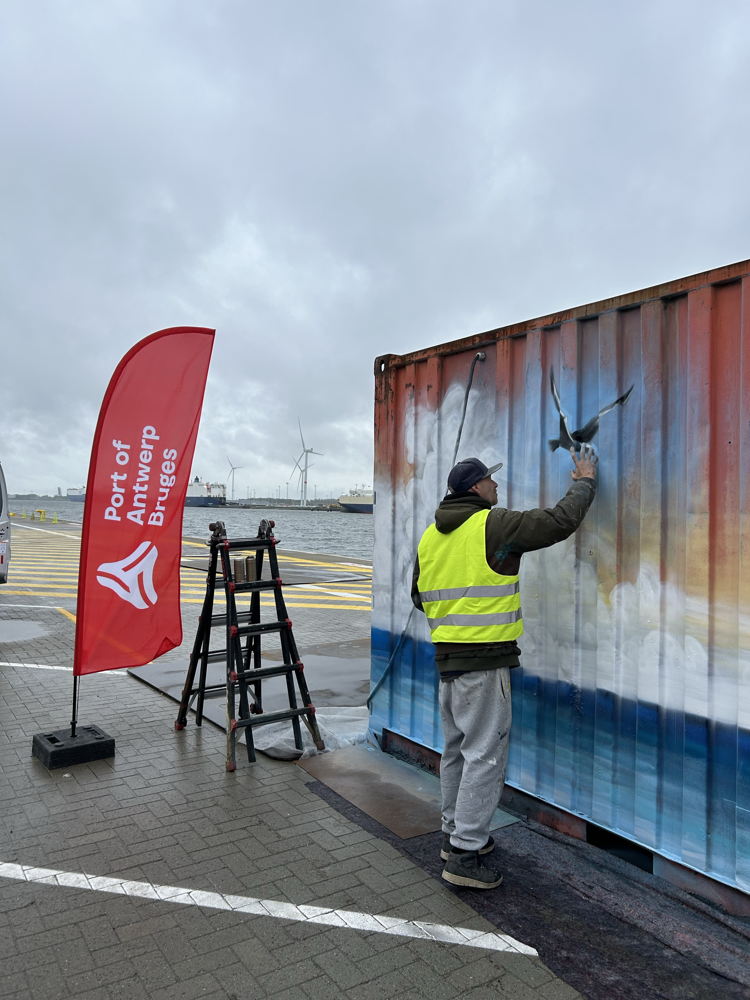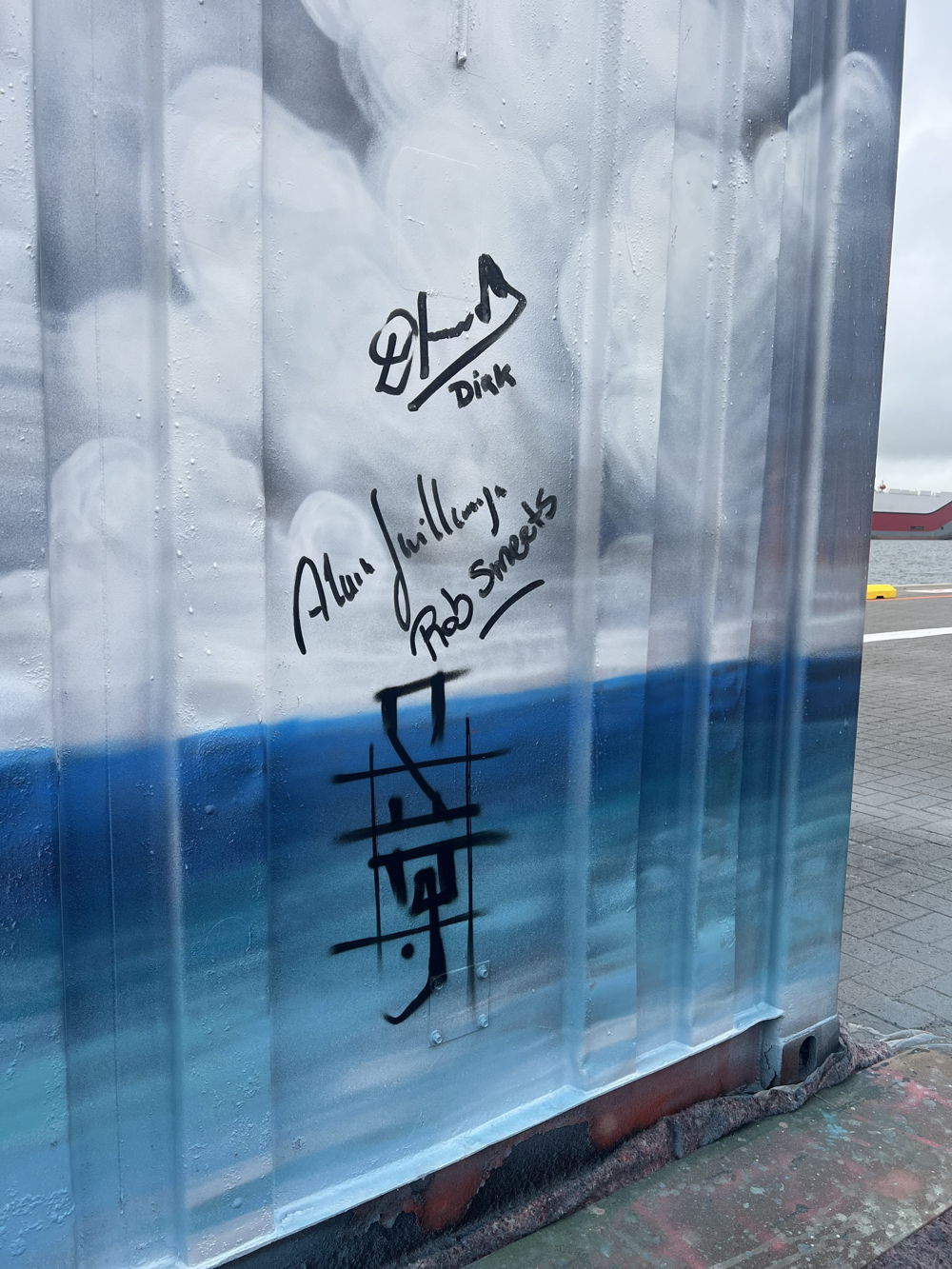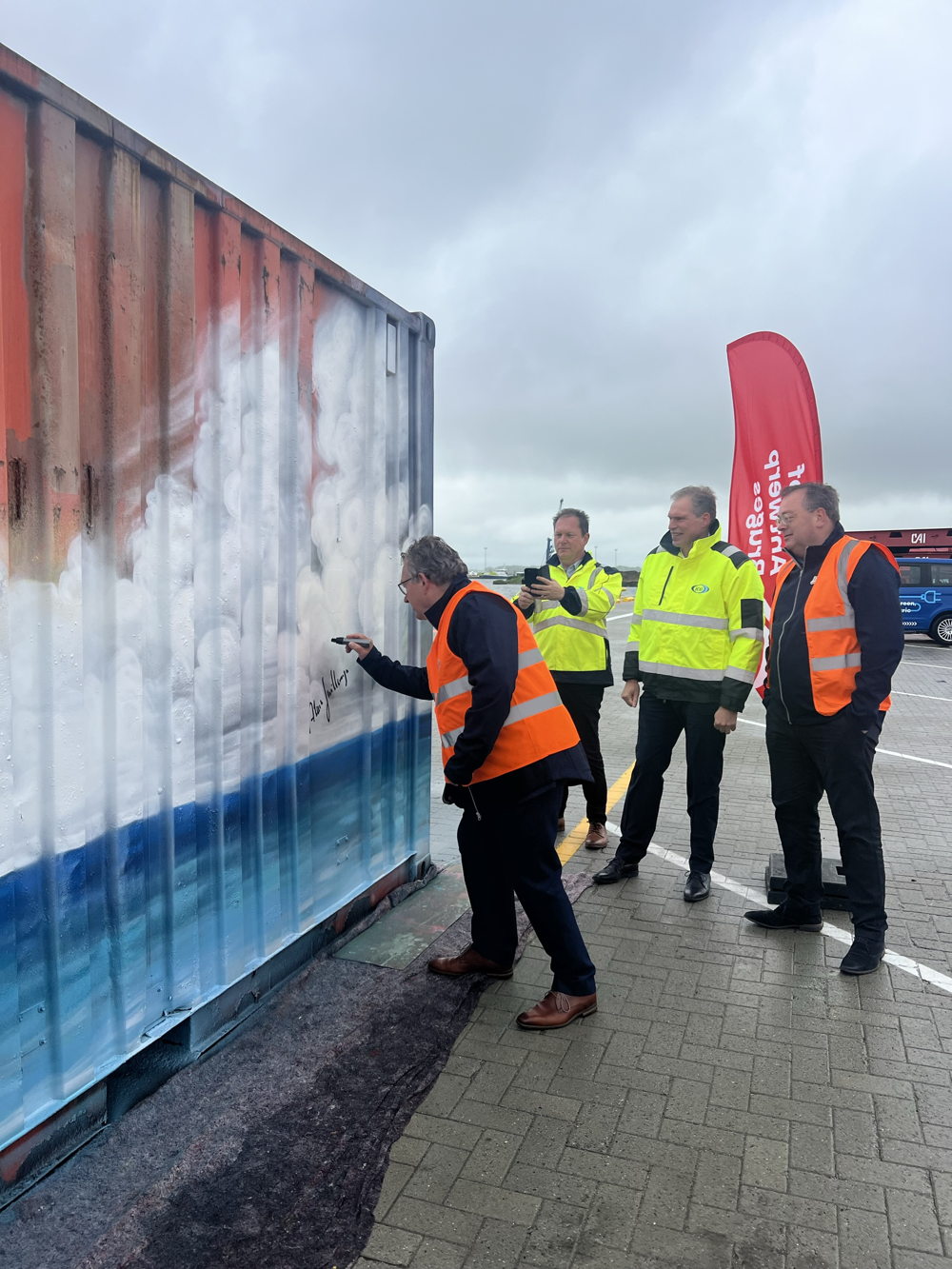1st phase of dredging works in Southern Canal Dock completed
Port of Antwerp-Bruges makes 600 metres of additional quayside available for ICO
In early April, Port of Antwerp-Bruges completed an important phase in the further development of the Southern Canal Dock. Belgian dredging company DEME moved just under 1 million m³ of dredged material. As a result, ICO now has some 600 metres of additional quayside for RoRo ships. This marks an important step in the further expansion of the ICO RoRo terminal.
The development of the Southern Canal Dock is taking shape. The first phase of works on the ICO terminal - the dredging and disposal of nearly 1 million m³ of sand and clay soil - has now been completed. DEME excavated the upper soil layer of some 600 metres along the quayside; the lower layer was dredged to a level of -8.5 mTAW. As a result, the permitted depth at the terminal has become the same as that of the existing moorings. The works will allow two additional RoRo ships to dock.
A second part of the works involves excavating excess soil on the port site itself to level the area and make it ready for construction. Finally, ICO will equip the RoRo terminal with parking lanes and parking garages for cars as well as facilities for vehicle inspection.
Port of Antwerp-Bruges is using the excavated land to level other sites within the port and to prepare the lorry car park along Emmanuel De Cloedtweg.
Efficiency gains and reduced CO2 emissions
The development of the Southern Canal Dock is a great example of port expansion by using the available space in the best possible way. First, Port of Antwerp-Bruges, DEME and ICO will use pre-existing port infrastructure, such as the quayside, dock, railway and road, both during and after the works. Second, ICO will utilise vertical space by ‘stacking’ the vehicles in parking garages.
The new docking facilities at the quayside mean that the delivered vehicles have to travel a shorter distance to their temporary staging area on the site. Further landscaping of some 32 acres of the terminal in a subsequent phase will also significantly reduce the distance between the parking garages and the internal railway. In other words, the project will optimise operations at the terminal and reduce relative CO2 emissions.
Dirk De fauw, vice chairman of the Port of Antwerp-Bruges Board of Directors: "The development of the Southern Canal Dock strengthens our position as one of the most important European gateways. This is good news both internationally and locally as the dredged sand and clay soil will be used both for the further construction of the terminal itself, as well as for the lorry car park a little further down the road."
Rob Smeets, COO of Port of Antwerp-Bruges: "This project is a textbook example of port expansion: making smart use of existing space and infrastructure. The development of the site - and the reduction in distance to the internal railway that comes with it - provides a boost in modal shift."
Alain Guillemyn, ICO: "Thanks to our new quay, not only do we reduce driving distances and reduce our carbon footprint, but we also increase our capacity for ships, allowing ICO to further position itself as a major player. In addition, we increase safety by better spreading ship traffic. This is an important step forward toward a sustainable and efficient future for us as a company and as part of the port."




